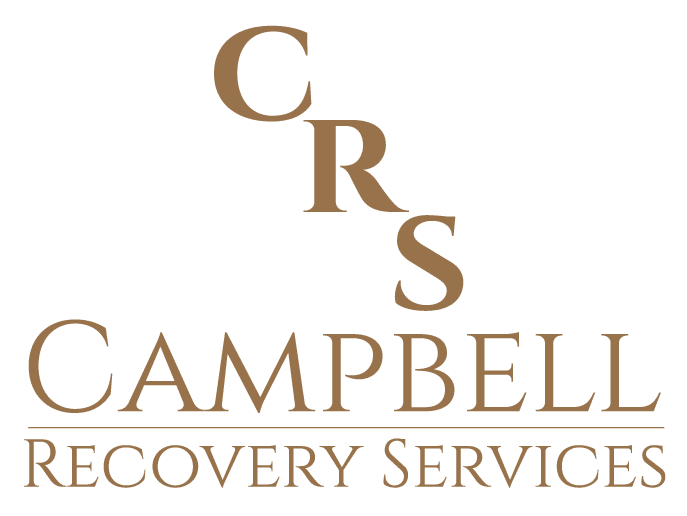One of the best ways to prevent children from abusing drugs and alcohol in the future is by talking to them about addiction from an early age. The level of detail and information will depend on the age of the child. Young elementary-aged children may benefit from appropriately aged books. From here, this may follow in a discussion and questions that they have. As children enter their teen years, the conversation will shift to more mature topics and questions. When you start the process of talking openly about addiction, you can be certain that the lines of communication will be open throughout these formative years.
This open communication and honesty are especially important when there is someone in the child’s life that is suffering from addiction, whether a parent or another loved one. Through these discussions children can feel free to share their own opinions, asking any questions that they have, without fear of judgment. By eliminating the taboo of addiction, and giving them the safe space to speak freely, children can feel safer and more protected.
Helping Children Cope with Addiction in Their Family
The level of discussion that you will have with a child about a family member’s addiction will depend on their age and emotional maturity. One concern that many children have with addicts in their family is wondering if it is their fault, or something that they did to cause the addiction. Speaking to the child, allowing them to share their own feelings, will allow you to address this. You can spend some time reassuring the child that their loved one’s addiction is entirely separate from them and was in no way caused by their actions.
Explaining to children that their loved one’s addiction is similar to a disease, and not something that they can easily control, can offer them security and reassurance that they need.
Reassuring Children for the Future
Children may have fears that they too will follow down the path of addiction. These talks are a great time to discuss this, helping them develop the tools that they will need to lead a life without substance abuse. In some cases, involving an addiction therapist can help to provide the child with these tools and reassurance. For some children having a third party involved can make them feel more comfortable and able to ask the tough questions. Particularly as they get older, children may hold back some of their thoughts for fear or embarrassment. A therapist can provide a judgement free zone for children to speak freely about a loved one’s addiction.
When speaking with a child about addiction, be sure to time it right. You will want a moment when the mood is mellow, you are secluded and in a comfortable setting like your home, and there are no outside distractions. Focus your attention solely on the topic and try to keep any stress or tension from your voice. Having these hard discussions now will pay off in the end.





